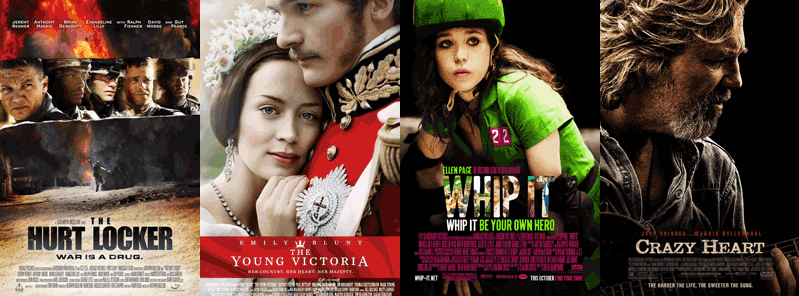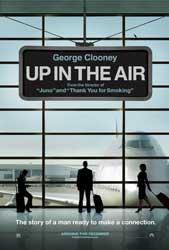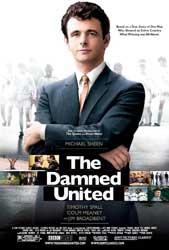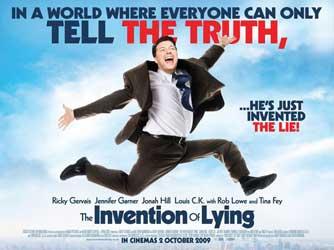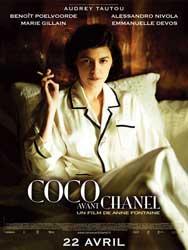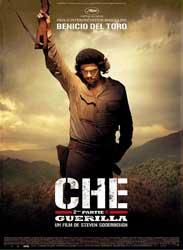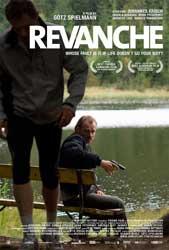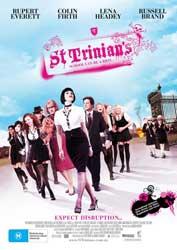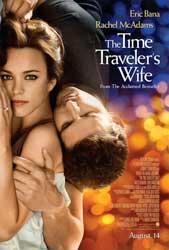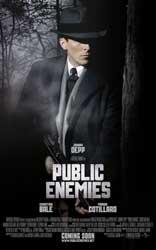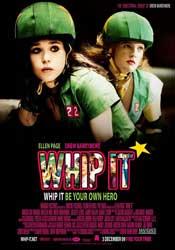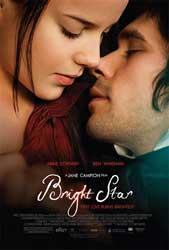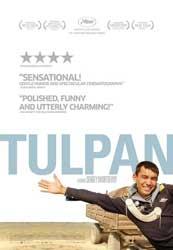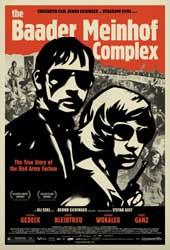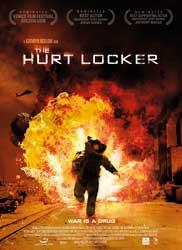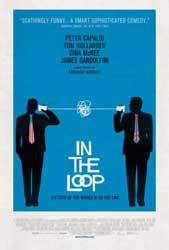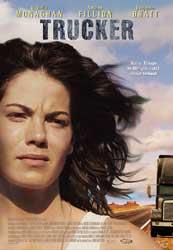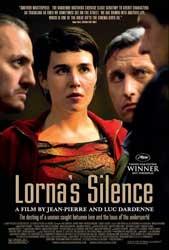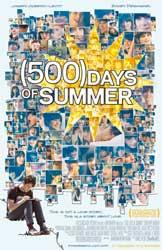“Up in the Air”-George Clooney is skillfully cast as Ryan Bingham, a man who believes he is happy leading the lonely existence of a constant air traveler with virtually no roots, whose job it is to go from city to city firing corporate employees while rather half-heartedly trying to ease their way into the world of unemployment. When we first see Ryan, he’s showing us how he loves his singular and cold existence. He knows exactly how to pack, how to get quickly through airport check-ins, and how to get to the head of the line at all times. He has a card for every purpose, but he has almost nothing in the way of real human interaction in his life. His sister Julie (Melanie Lynskey) is getting married in northern Wisconsin, but he has barely had contact with her or his other sister, Kara (Amy Morton), for years. His main dream is to make 10 million miles. He even gives lectures on ridding oneself of all the baggage of life, including possessions and people. When two women enter his life, however, Ryan slowly finds himself reassessing his existence. First, he meets a female counterpart, Alex Goran (Vera Farmiga), and they begin a relationship whenever they can meet up during their corporate travels. Meanwhile, his boss (Jason Bateman), at the company headquarters in Omaha, introduces him to a new smart hire, Natalie Keener (Anna Kendrick), who immediately proposes that the company save lots of money on travel by using video teleconferencing to perform their cruel occupation. Ryan’s world, it seems, is about to change. “Up in the Air,” co-written and directed by Jason Reitman, is lovingly filmed, and contains a rousing soundtrack, starting with a rhythm and blues version of “This Land is Your Land.” As a character study of a man who is an expert on avoiding any substance in his life, it does a fine job, although it goes a little astray at the end when Ryan undergoes a little too much of a sudden transformation. Its ultimate theme requires a few unlikely events, including Bingham’s growing affection for the very attractive Alex and his surprising discovery about just who she really is. Vera Farmiga is adeptly cast as the cool, good-looking, and sexy Alex whose existence seems the perfect match for someone like Ryan. Not having seen Anna Kendrick before, it’s hard to tell whether she’s simply an annoying, slightly shrill actress or merely perfect at playing the annoying, slightly shrill Natalie. Since all three (Clooney, Farmiga, and Kendrick) received Oscar nominations, I’ll give her the benefit of the doubt and say that she is right-on as the know-it-all techie who discovers the realities of life the hard way. “Up in the Air” has its flaws, but is unusual, original, and definitely something to see. A- (3/12/10) | |

